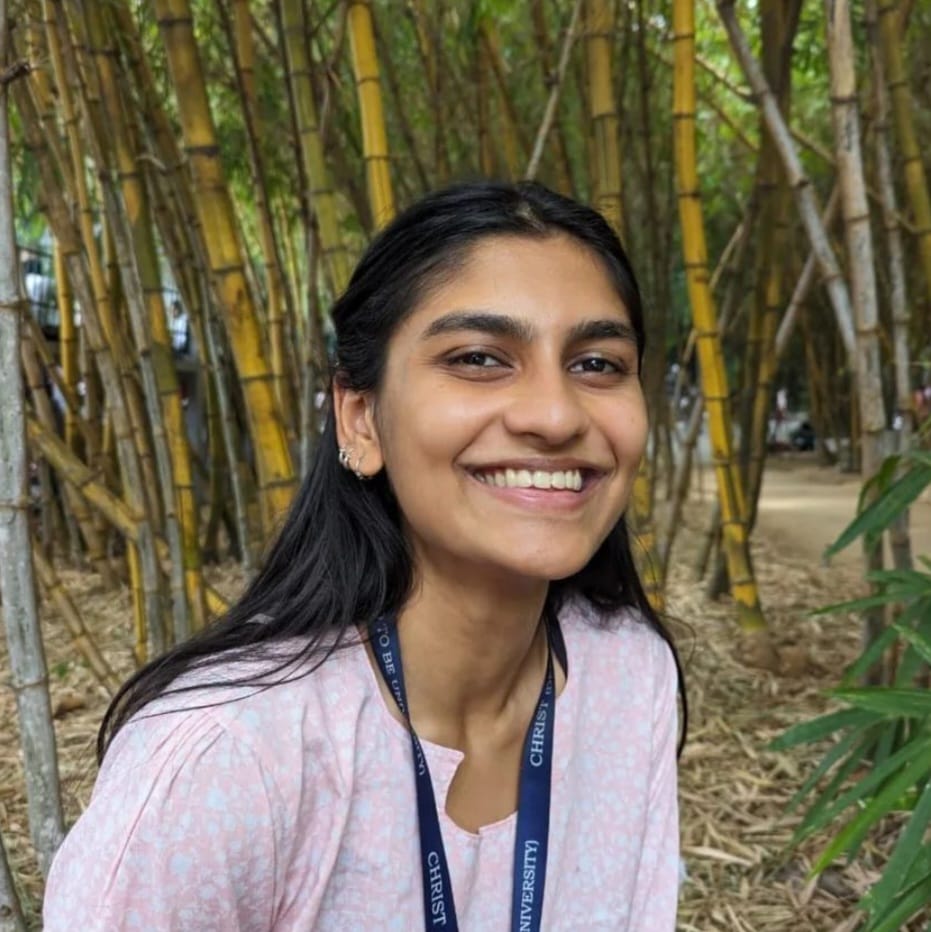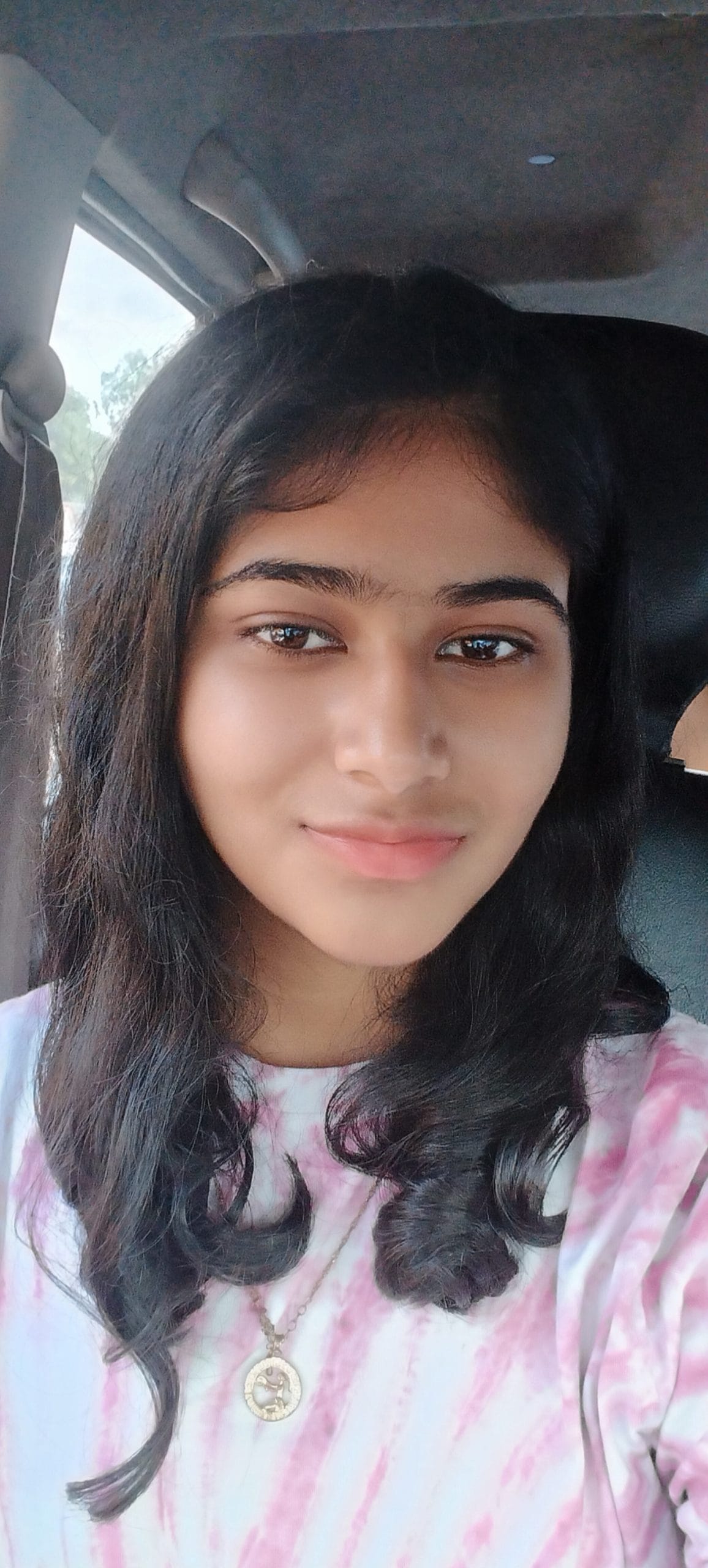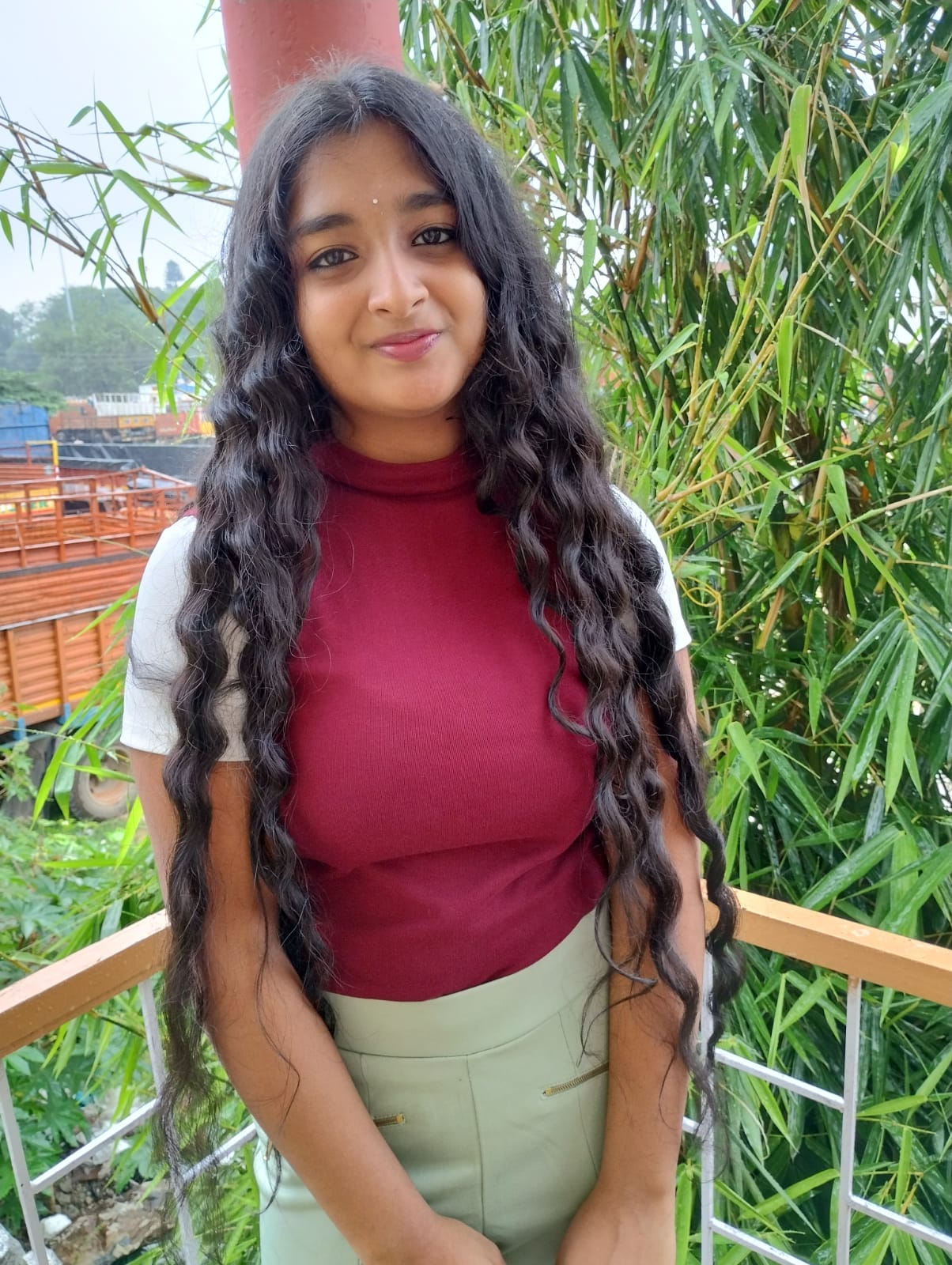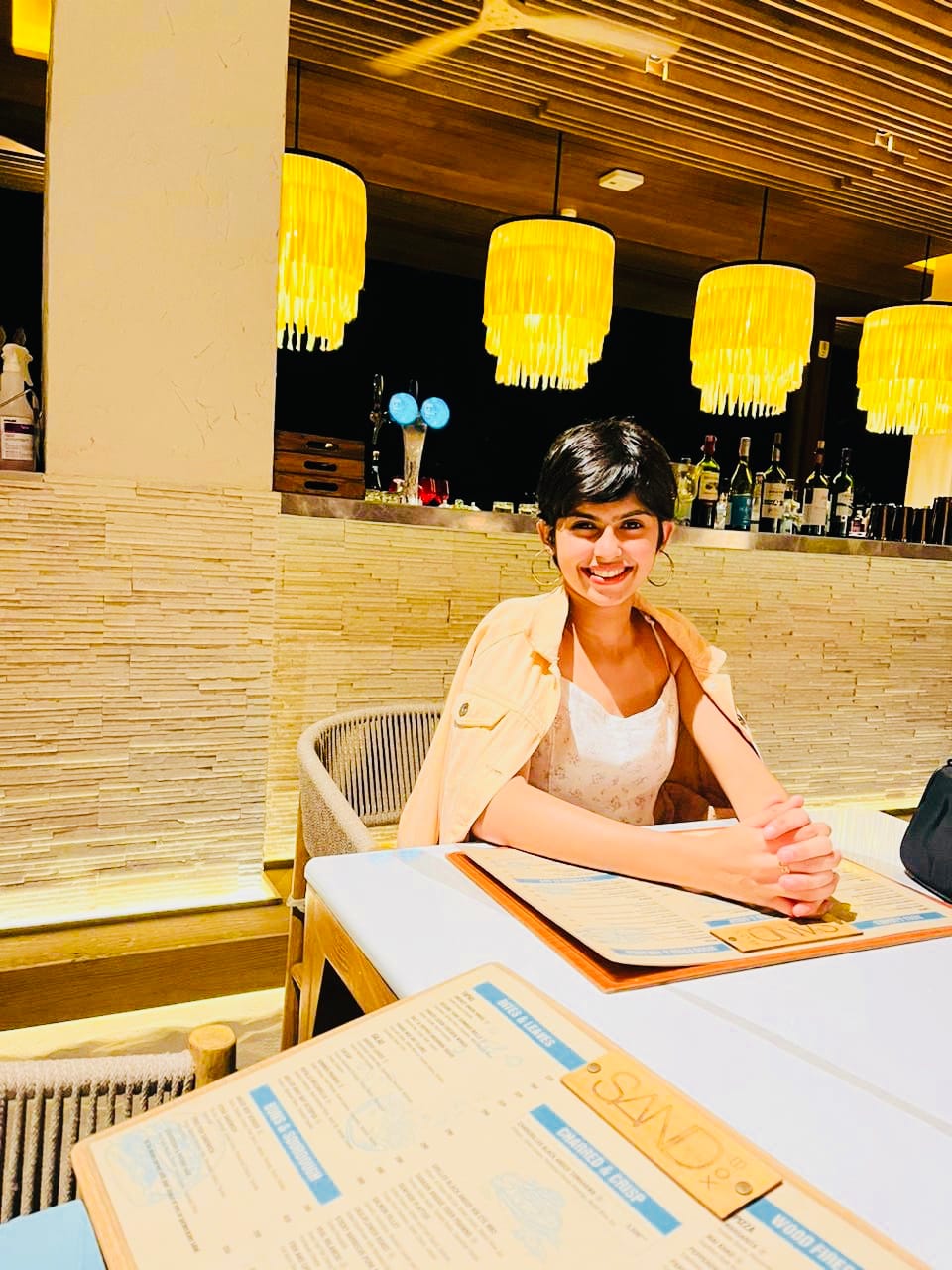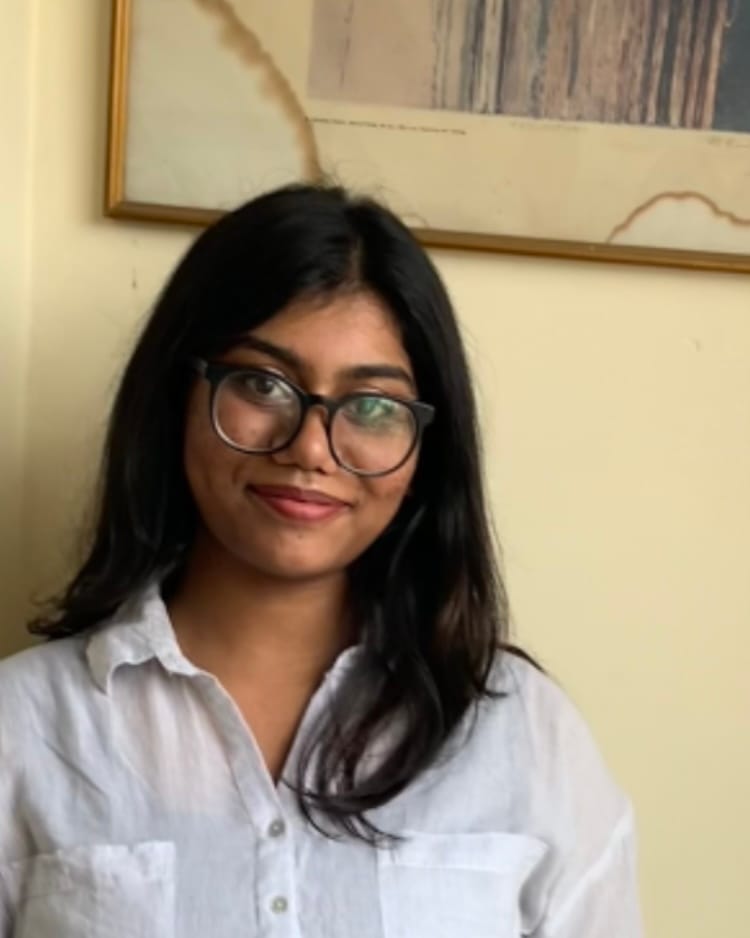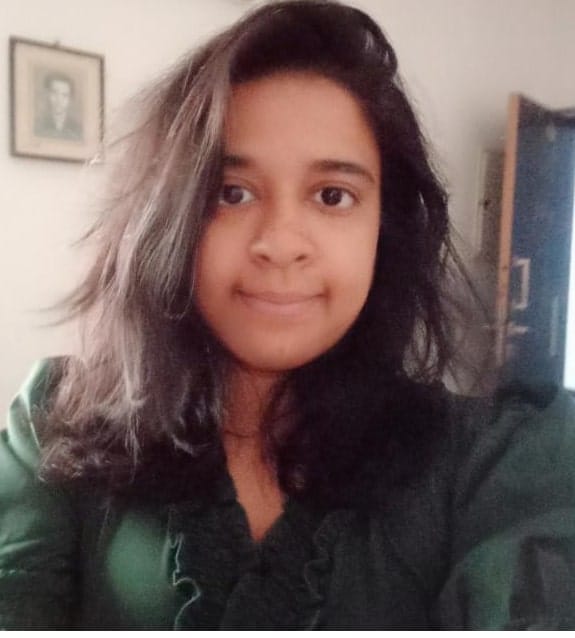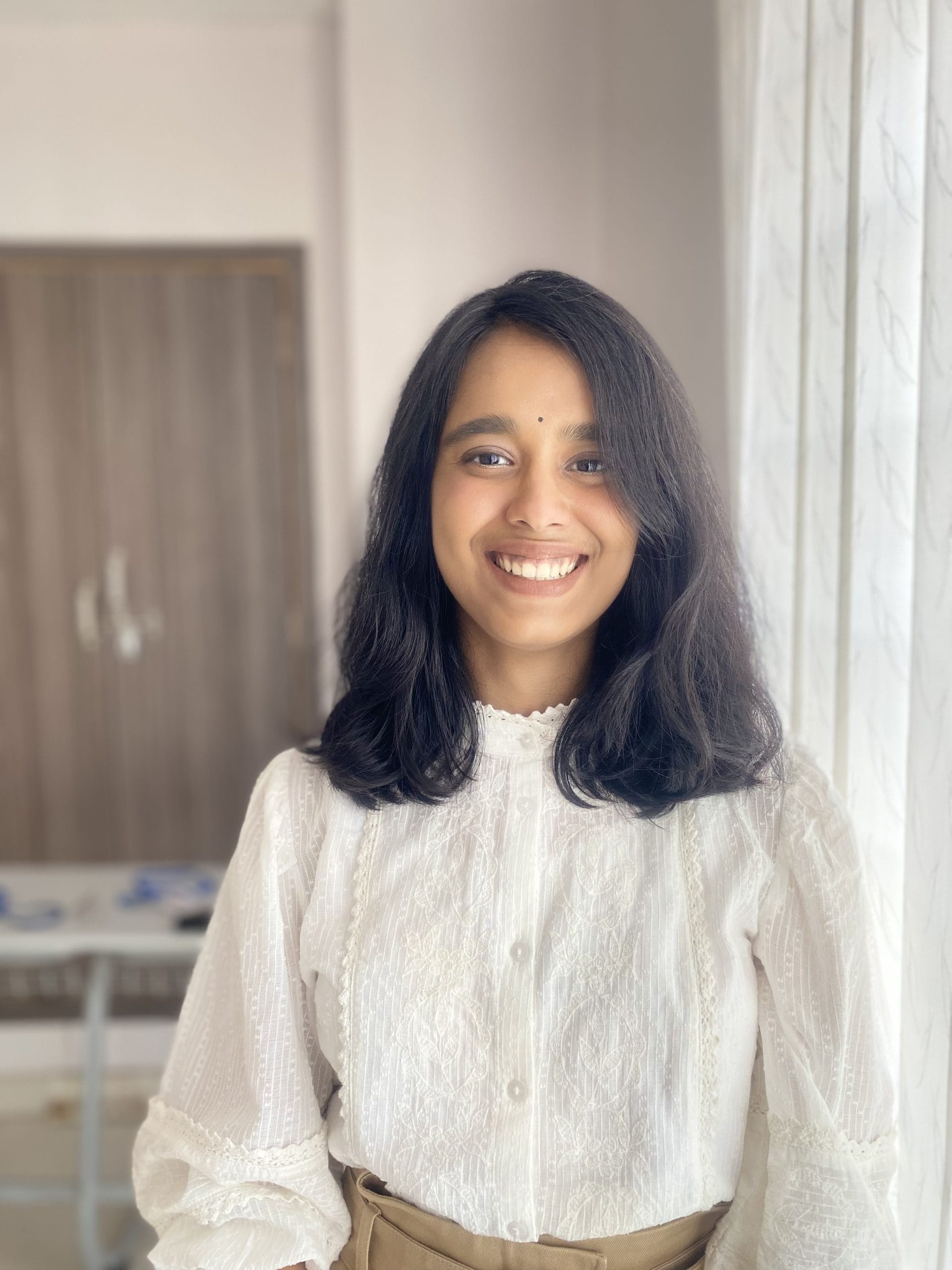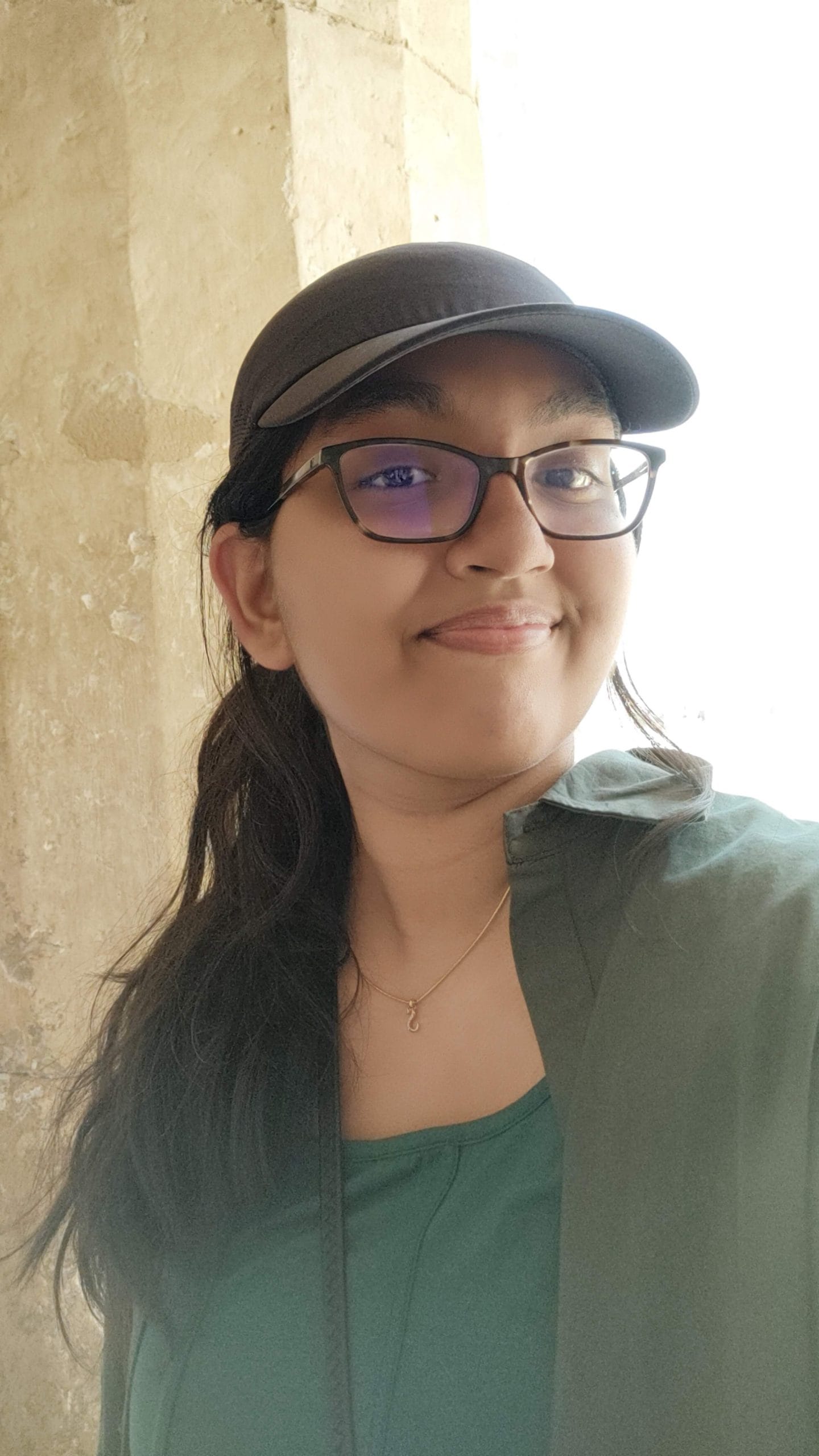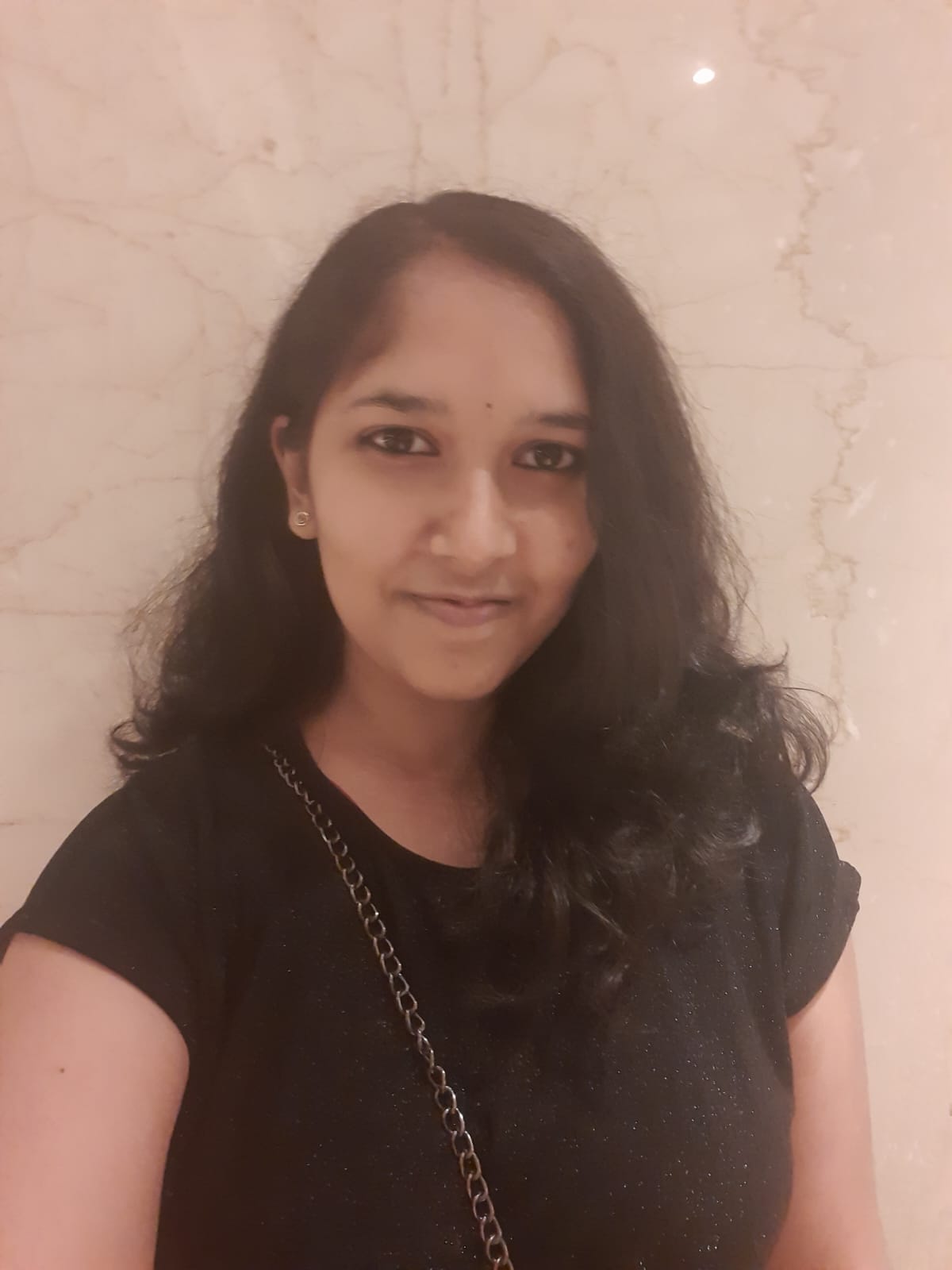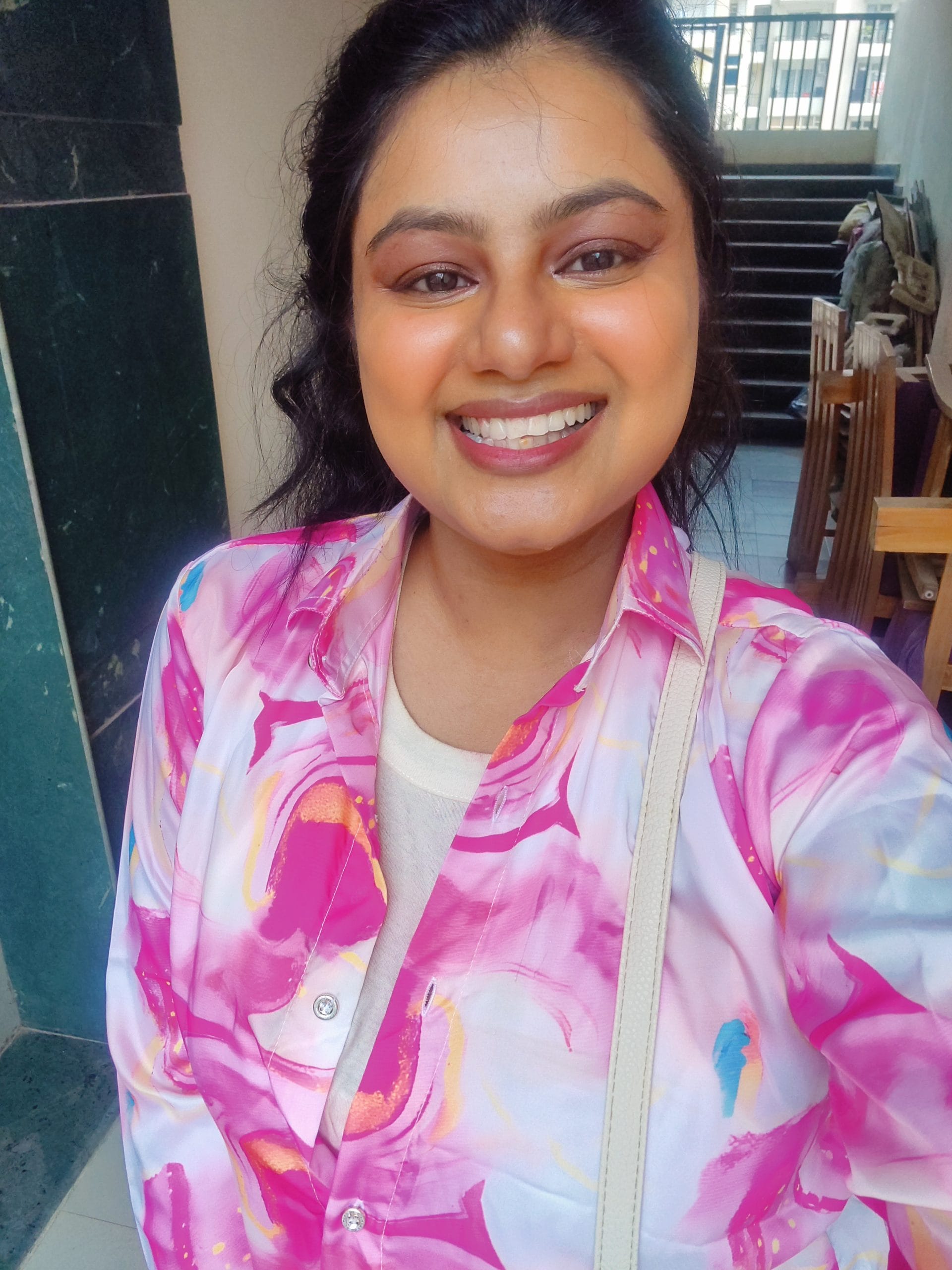Mental Health Support for Indian Survivors of Domestic Violence
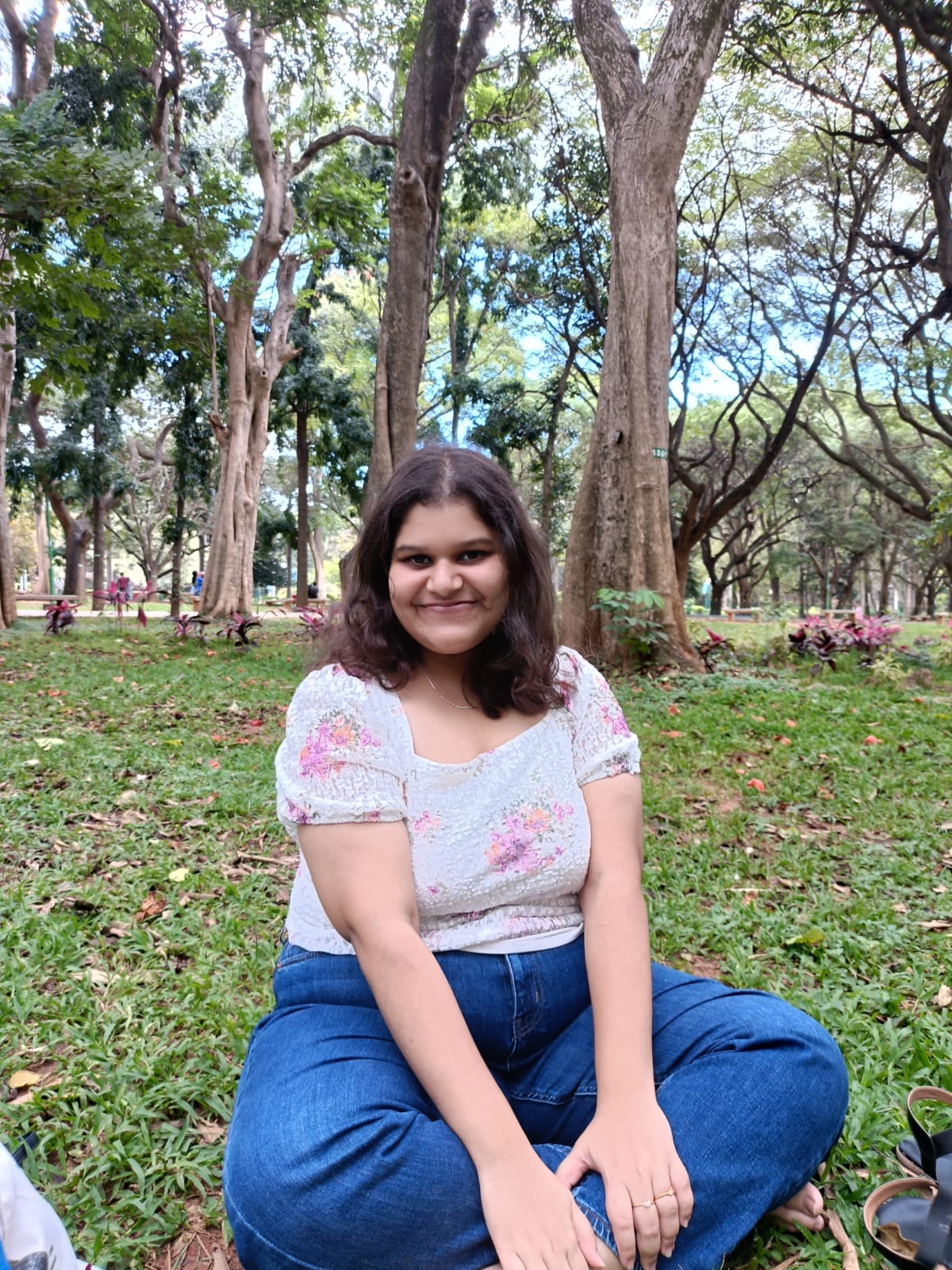
Akanksha Nandagiri
April 12 , 2024

In the intricate tapestry of Indian society, the issue of domestic violence remains deeply entrenched challenge. While strides have been made in recognising and addressing this issue, the aftermath of domestic violence often leaves survivors grappling with profound mental health repercussions. In a country where the stigma surrounding mental health is prevalent, the need for comprehensive and culturally sensitive mental health support for survivors of domestic violence cannot be overstated.
Domestic violence is not always easy to spot. It doesn’t always come with bruises or a black eye. Victims may not always be in imminent danger, but rather feel controlled or uncomfortable, be forced into doing something they don’t want to or be intimidated by their partner, all are signs of abuse.
Understanding the Impact
Domestic violence, whether physical, emotional, or psychological, inflicts enduring trauma on survivors. The scars may not always be visible, but they run deep, manifesting in anxiety, depression, PTSD, and a host of other mental health disorders. Moreover, survivors often carry the burden of guilt, shame, and societal judgment, further exacerbating their mental anguish.
In the Indian context, cultural norms and societal expectations add layers of complexity to the experiences of survivors. The pressure to maintain familial harmony, fear of ostracization, and limited avenues for seeking help hinder many from breaking the cycle of abuse. Consequently, the need for tailored mental health support that acknowledges these cultural nuances is paramount.
Bridging the gap: Challenges and solutions
Despite the pressing need, mental health support for survivors of domestic violence in India faces several challenges:
Stigma: Deep-rooted stigma surrounding mental health issues persists in Indian society. Survivors often hesitate to seek help due to fear of judgment or being labeled as "weak." Breaking this stigma requires concerted efforts in community education and awareness campaigns.
Accessibility: Access to mental health services remains a significant barrier, especially in rural areas. Increasing the availability of affordable and accessible mental health resources, including counseling services and support groups, is essential.
Cultural Sensitivity: Traditional notions of family and gender roles influence the experiences of survivors. Mental health support services must be culturally sensitive, recognizing and respecting diverse familial structures and dynamics.
Legal Empowerment: Legal recourse is crucial for survivors seeking justice and protection. Mental health support should be integrated into legal aid services to provide holistic assistance to survivors navigating the legal system.
Addressing These Challenges Need a Multi - Faceted Approach.
Community Engagement: Community-based initiatives, including awareness programs and peer support groups, can help dismantle stigma and foster a supportive environment for survivors.
Training for Healthcare Professionals: Healthcare professionals, including counsellors and social workers, need training to recognize and respond to the unique mental health needs of survivors sensitively.
Helplines and Hotlines: Establishing helplines and hotlines staffed by trained professionals can provide immediate support and guidance to survivors in crisis.
Integration of Mental Health Services: Mental health support should be integrated into existing domestic violence intervention programs, ensuring survivors have access to comprehensive care.
In India, several organizations work tirelessly to support domestic violence survivors, providing a range of services from shelter and legal aid to counseling and rehabilitation. Here are some notable organizations dedicated to this cause:
1. Women's Helpline Services:
Women's helpline services, such as 181 (National Women's Helpline) and 1091 (Women Helpline), offer immediate assistance and support to women experiencing domestic violence. These helplines connect survivors with local support services and resources.
2. Maitri India:
Based in Delhi and Mumbai, Maitri India offers comprehensive support to survivors of domestic violence, human trafficking, and other forms of abuse. They provide shelter, legal aid, counselling, and rehabilitation services.
3. Sakshi Violence Intervention Centre:
Operating in Kerala, Sakshi offers crisis intervention and support services to survivors of domestic violence, sexual assault, and other forms of abuse. They provide counselling, legal aid, and advocacy support.
4. AKS Foundation
Aks Foundation provides aid to victims of domestic abuse and wants them to be survivors against all odds. The helpline is a 24-hour crisis line that was launched in 2013. They have helped several women seeking help and refuge. Emergency Contact: +91 8793088814 /15 /16.
5. Heart It Out
based in Bengaluru, Karnataka, heart it out offers counselling services to domestic violence. The organisation also provides 24/7 online counselling sessions through their website.
6. International Foundation for Crime Prevention and Victim Care (PCVC)
International Foundation for Crime Prevention and Victim Care (PCVC) began its journey in Chennai, Tamil Nadu. It develops services to help female victims of assault. Additionally, it offers housing services for women and children, as well as counseling, financial assistance and opportunities for skill development and employment.
The organization has a Dhwani crisis hotline that works around the clock and provides instant help as well as follow-up and referral services that offer guidance at different phases of the healing and rehabilitation process.
7. ActionAid Association India [NGO]
Among other organizations in India that help women is ActionAid association which is a part of ActionAid International that operates in more than 40 countries worldwide. It focuses on issues like “Women’s and girls’ rights, Child Rights, Natural resources, Democracy and governance.” In India, it provides services across 25 states. Because of the organization’s work more than 1,180,500 families from underprivileged neighborhoods in 317 districts lead better lives.
In the journey towards healing and recovery, mental health support serves as a lifeline for survivors of domestic violence. By strengthening these support systems and fostering a culture of empathy and understanding, we can pave the way for a brighter and more resilient future for survivors across India.
Keep Reading
Started reading,
found my glow!
New blogs dropping soon – Sign up!
© EmbraceWell. All rights reserved


